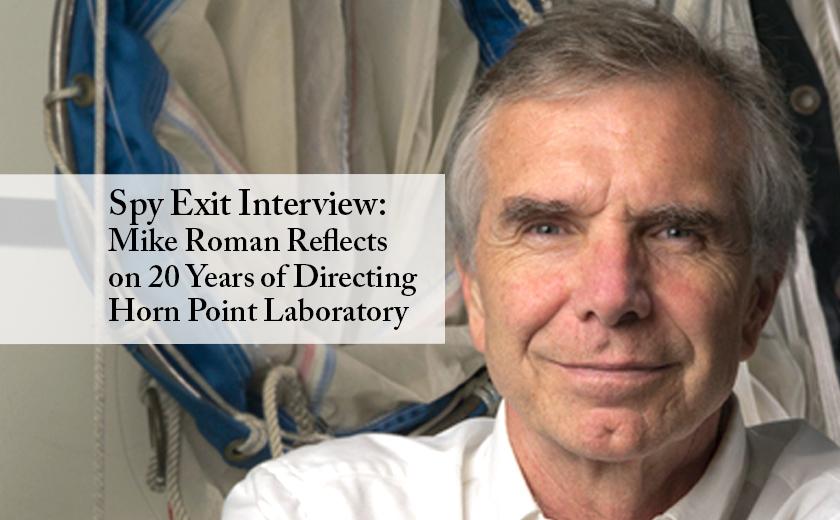A 20-year tenure for a national institutional leader is almost unheard of these days. College presidents, museum directors, and leaders of major nonprofit organizations come and go at a far more rapid pace as the demands of fundraising, enrollment, and governance has grown proportionally. And yet, in contrast, Dr. Mike Roman has been successfully leading the Horn Point Laboratory of the University of Maryland Center for Environmental Science for two decades.
This success story is a perfect example of how one individual, blessed with a talented team and a ceaseless mission drive, can genuinely impact the organizations they serve.
In Mike Roman’s case, his tenure, beginning in 1983 at Hort Point has been a time of dramatic change and challenge for his school and the earth’s ecosystem. In 2001, when he was permanently appointed director, the University of Maryland Center for Environmental Science’s research lab was hardly known on the Eastern Shore. Located on the rural waterfront of the Choptank River several miles from Cambridge, Horn Point may have been doing landmark science, but without a strong regional presence, all of its work and achievements were lost on the general public.
Roman made it his mission to fix that problem. Under his watch, Horn Point started reaching out to the community. Scientists began giving public lectures, a volunteer program was started, a formal fundraising program was built, school groups were invited to the campus, and the highly regarded “Chesapeake Champion” award became an annual tradition.
And most important to Mike, Horn Point began strong partnerships with Washington College, Salisbury University, municipalities, environmental groups, and the region’s agriculture community on such critical issues as protecting the Chesapeake Bay and the rising sea level on the Shore.
Last month, the Spy sat down with Dr. Roman to talk about his time at Horn Point as part of our continuing series on Eastern Shore leaders at the end of a successful tenure. In our chat, Mike notes some of the notable highlights of this tenure and also making sure Horn Point friends know that he’s not going anywhere. Once his successor is named, you’ll find the marine biologist back in the lab doing what he has loved for so long; learning about and protecting our planet.
This video is approximately five minutes in length. For more information about please go here.



Write a Letter to the Editor on this Article
We encourage readers to offer their point of view on this article by submitting the following form. Editing is sometimes necessary and is done at the discretion of the editorial staff.